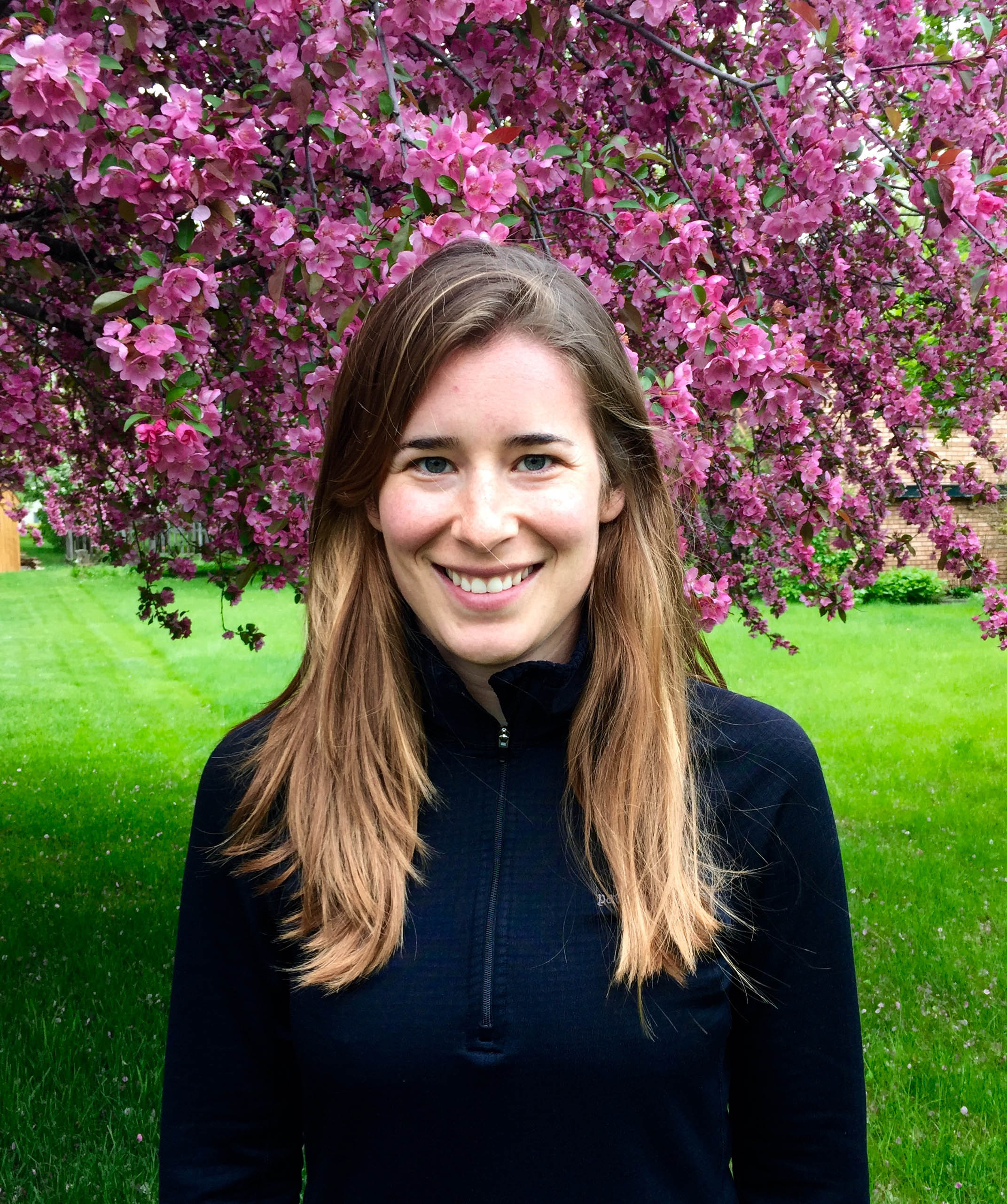|
You are viewing ARCHIVED content published online before January 20, 2025.
Please note that this content is NOT UPDATED, and links may not work. For current information,
visit https://www.nps.gov/aboutus/news/index.htm.

Courtesy Maggie Raboin
Contact: Public Affairs Office, 307.739.3393 MOOSE, WY —Grand Teton National Park and the Grand Teton Association announced today that Maggie Raboin was selected for the 2016 Boyd Evison Graduate Fellowship. Since 2005, the Evison Fellowship has supported graduate students as they conduct advanced studies across the Greater Yellowstone Ecosystem. Raboin is pursuing her Ph.D. at the University of California, Berkeley in the Environmental Science, Policy, and Management Department.Raboin's interest in the ecology of the Greater Yellowstone Ecosystem was piqued when, as an undergraduate student studying wildlife biology at the University of Montana, she documented a species of spider previously unknown to science, later named the mason spider (Castianeira teewinoticus). She first observed the small black and red spider along the Snake River south of Grand Teton National Park. The arachnid is unique among known spiders in that it does not construct webs or burrows, but rather builds mounds.
For her graduate work, Raboin has returned to the Greater Yellowstone Ecosystem to study the natural history and behavior of mason spiders. Beginning this summer, she will expand her research to explore the implications of climate change on overwintering spiders. Her project is titled, "Spider Blood Runs Cold: Implications of Winter Climate Change for Overwintering Arthropods in the Greater Yellowstone Ecosystem." The project was selected for support by the Evison Fellowship for her elegant experimental work, qualifications, history of relevant publication, and intriguing subject matter.
One of the major research goals of Grand Teton National Park is to investigate climatic influences on aquatic and terrestrial habitats. Recent climate models suggest that the most significant changes in climate to the Greater Yellowstone Ecosystem will be in winter snow cover. Despite these predictions, researchers know very little about how these changes will impact overwintering animals. Short-lived animals, such as spiders, are especially vulnerable to climate changes in winter because they spend the majority of their lives beneath an insulating layer of snow.
The Evison Graduate Fellowship was established in memory of Boyd Evison after his death in 2002. The fellowship honors his extensive and dedicated service to both the National Park Service, where he worked for 42 years, and the Grand Teton Association, where he later served as executive director. The fellowship encourages scientific and conservation-related research in Grand Teton and throughout the Greater Yellowstone Ecosystem. Upon completion of her research, Raboin plans to publish her findings in scientific journals and make her study results available to local wildlife managers. She also plans to present those results in the Jackson Hole community.
The Evison Fellowship provides tuition assistance and a yearly stipend to cover travel and field research costs. Grand Teton National Park can offer housing support for students during field sessions. To inquire about the Boyd Evison Graduate Fellowship, or donate funds toward this worthy program, please contact Jan Lynch, executive director of Grand Teton Association at 307.739.3406 or by mail at P.O. Box 170, Moose, Wyoming, 83012.
—NPS—
|
Last updated: January 5, 2017
